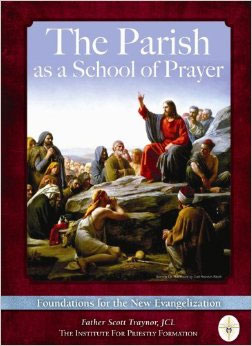Podcast: Play in new window | Download (Duration: 27:57 — 19.2MB) | Embed
Subscribe: Apple Podcasts | Spotify | Amazon Music | Android | Pandora | iHeartRadio | JioSaavn | Podchaser | Gaana | Podcast Index | Email | TuneIn | Deezer | Anghami | RSS | More
In place of self-righteousness…seeking God
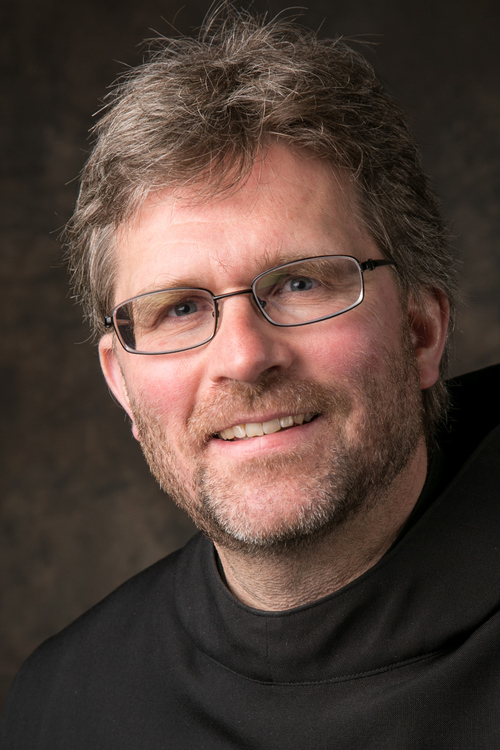
 From the Holy Rule of St. Benedict:
From the Holy Rule of St. Benedict:
CHAPTER LVIII
Of the Manner of Admitting Brethren
Let easy admission not be given to one who newly cometh to change his life; but, as the Apostle saith, “Try the spirits, whether they be of God” (1 Jn 4:1). If, therefore, the newcomer keepeth on knocking, and after four or five days it is seen that he patiently beareth the harsh treatment offered him and the difficulty of admission, and that he persevereth in his request, let admission be granted him, and let him live for a few days in the apartment of the guests.
But afterward let him live in the apartment of novices, and there let him meditate, eat, and sleep. Let a senior also be appointed for him, who is qualified to win souls, who will observe him with great care and see whether he really seeketh God, whether he is eager for the Work of God, obedience and humiliations. Let him be shown all the hard and rugged things through which we pass on to God.
If he promiseth to remain steadfast, let this Rule be read to him in order after the lapse of two months, and let it be said to him: Behold the law under which thou desirest to combat. If thou canst keep it, enter; if, however, thou canst not, depart freely. If he still persevereth, then let him be taken back to the aforesaid apartment of the novices, and let him be tried again in all patience. And after the lapse of six months let the Rule be read over to him, that he may know for what purpose he entereth. And if he still remaineth firm, let the same Rule be read to him again after four months. And if, after having weighed the matter with himself he promiseth to keep everything, and to do everything that is commanded him, then let him be received into the community, knowing that he is now placed under the law of the Rule, and that from that day forward it is no longer permitted to him to wrest his neck from under the yoke of the Rule, which after so long a deliberation he was at liberty either to refuse or to accept.
Let him who is received promise in the oratory, in the presence of all, before God and His saints, stability, the conversion of morals, and obedience, in order that, if he should ever do otherwise, he may know that he will be condemned by God “Whom he mocketh.” Let him make a written statement of his promise in the name of the saints whose relics are there, and of the Abbot there present. Let him write this document with his own hand; or at least, if he doth not know how to write, let another write it at his request, and let the novice make his mark, and with his own hand place it on the altar. When he hath placed it there, let the novice next begin the verse: “Uphold me, O Lord, according to Thy word and I shall live; and let me not be confounded in my expectations” (Ps 118[119]:116). Then let all the brotherhood repeat this verse three times, adding the Gloria Patri.
The let that novice brother cast himself down at the feet of all, that they may pray for him; and from that day let him be counted in the brotherhood. If he hath any property, let him first either dispose of it to the poor or bestow it on the monastery by a formal donation, reserving nothing for himself as indeed he should know that from that day onward he will no longer have power even over his own body.
Let him, therefore, be divested at once in the oratory of the garments with which he is clothed, and be vested in the garb of the monastery. But let the clothes of which he was divested by laid by in the wardrobe to be preserved, that, if on the devil’s suasion he should ever consent to leave the monastery (which God forbid) he be then stripped of his monastic habit and cast out. But let him not receive the document of his profession which the Abbot took from the altar, but let it be preserved in the monastery.
Father Mauritius Wilde, OSB, Ph.D., did his philosophical, theological and doctoral studies in Europe. He is the author of several books and directs retreats regularly. He serves as Prior at Sant’Anselmo in Rome.
For more information about the ministry of the the Missionary Benedictines of Christ the King Priory in Schuyler, Nebraska

 Dr. Lilles discusses Chapter 1 and 2 of St. Teresa of Avila’s “Way of Perfection”:
Dr. Lilles discusses Chapter 1 and 2 of St. Teresa of Avila’s “Way of Perfection”: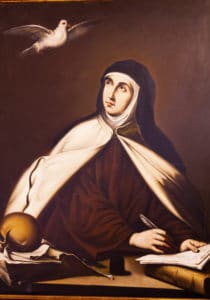

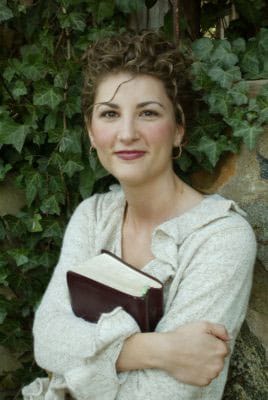

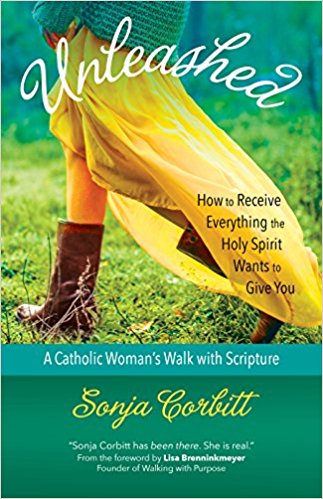

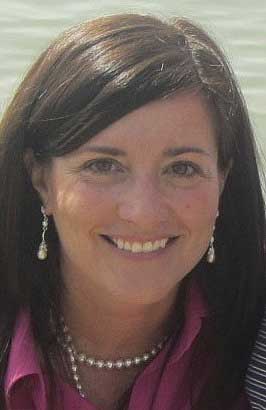
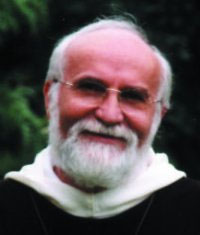


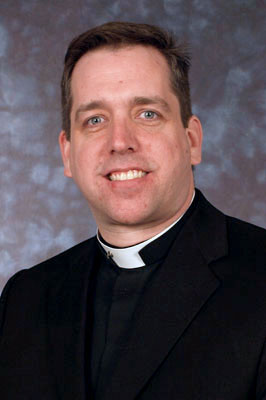 Fr. Scott Traynor talks about the fear of pain. He speaks of the difference between true and false suffering. The gaze of the Father transforms our pain. How do we invite Jesus into the heart of that pain? Fr. Scott helps us to recognize the “mine field” we navigate in our lives and how it affects our relationship with God, especially in prayer. He speaks abut the “hazards” in spiritual desolation. Jesus can “disarm” those “landmines”, if we allow Him in. We should never travel in the “mine field” alone. Fr. Scott also talks about the importance of silence and discernment. To attend to moment of God’s loving gaze.
Fr. Scott Traynor talks about the fear of pain. He speaks of the difference between true and false suffering. The gaze of the Father transforms our pain. How do we invite Jesus into the heart of that pain? Fr. Scott helps us to recognize the “mine field” we navigate in our lives and how it affects our relationship with God, especially in prayer. He speaks abut the “hazards” in spiritual desolation. Jesus can “disarm” those “landmines”, if we allow Him in. We should never travel in the “mine field” alone. Fr. Scott also talks about the importance of silence and discernment. To attend to moment of God’s loving gaze.